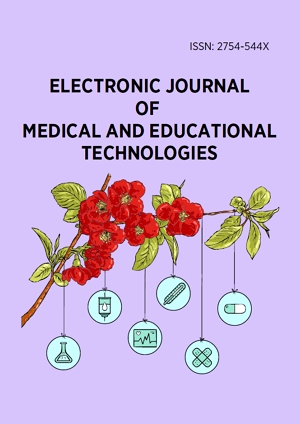Abstract
Introduction: The COVID-19 is probably the most terrible pandemic in the world, because there is no approved vaccine or treatment for this rapidly spreading disease. Most of the country is locked down for reducing spreading disease. Due to lockdown situations people are afraid and confused for getting basic food available at hand.
Objective: The purpose of this study is to investigate the expanded theory of planned behaviour model and adding risk perception variables for intention to reserve food during covid-19 pandemic situation among Bangladeshi internet users.
Material and Methods: A total of 192 consumers living in Bangladesh actively interested in a cross-sectional web-based survey. A standardized questionnaire was generated using Google Forms and a link was shared through authors’ platforms. This sample comprised 110 (57.3%) males and 82 (42.7%) females. Collected information was statistically analyzed using structural equation modelling assessment.
Results: The estimation process assesses the precision and validity of the variables. Cronbach’s alpha and composite reliability (Pc) was used to test the durability of the design. However, this study found Cronbach’s alpha and Pc between 0.842 to 0.730 and 0.864 to 0.744. Moreover, Convergent validity is effectively identified in the findings of the analysis. Therefore, the calculation concept of the analysis has been tested successfully.
Conclusion: In this analysis, we see that the stronger the risk perception of consumers, the greater the attitude of consumers to buy reserve products. This proof that high-risk awareness, in the case of a COVID-19 pandemic or others pandemic situation, can lead to the purchasing of goods that are lack of patience or common sense. The paper presented a new perspective on the negative consequences of risk perception among Bangladeshi internet users.
Keywords
License
This is an open access article distributed under the Creative Commons Attribution License which permits unrestricted use, distribution, and reproduction in any medium, provided the original work is properly cited.
Article Type: Research Article
EUROPEAN J MED ED TE, Volume 13, Issue 2, June 2020, Article No: em2010
https://doi.org/10.30935/ejmets/8299
Publication date: 24 May 2020
Article Views: 3679
Article Downloads: 2270
Open Access References How to cite this article
 Full Text (PDF)
Full Text (PDF)